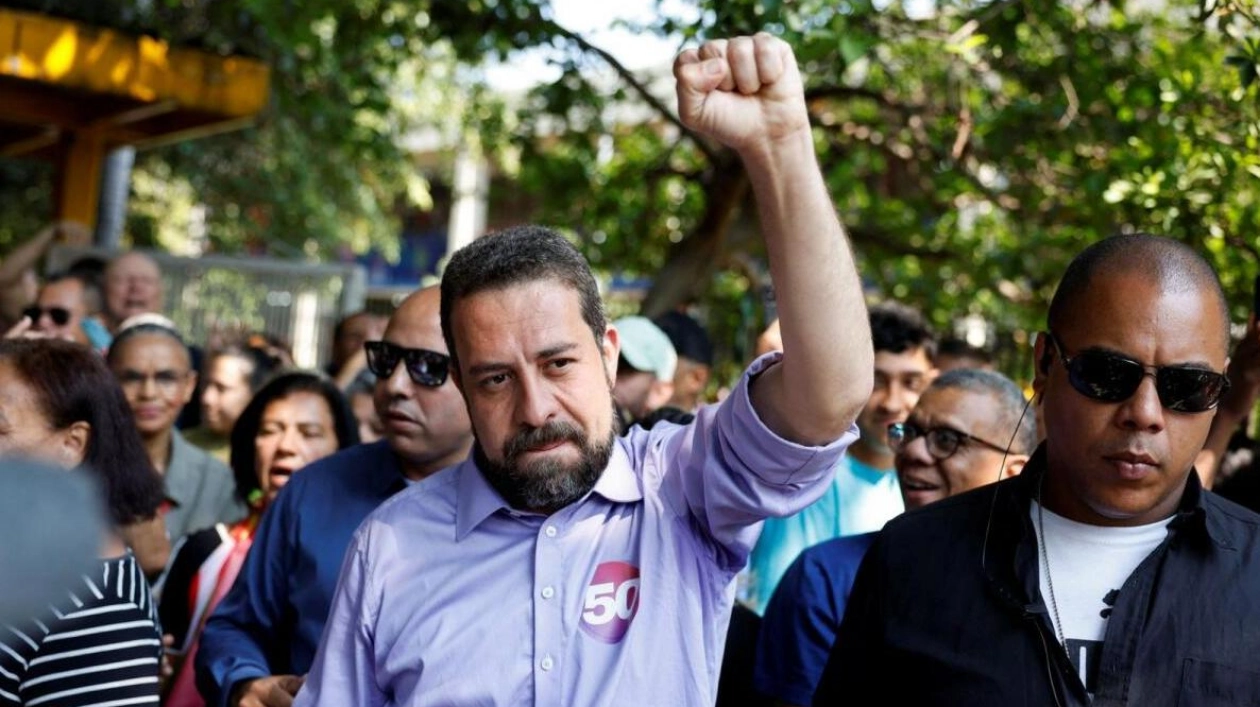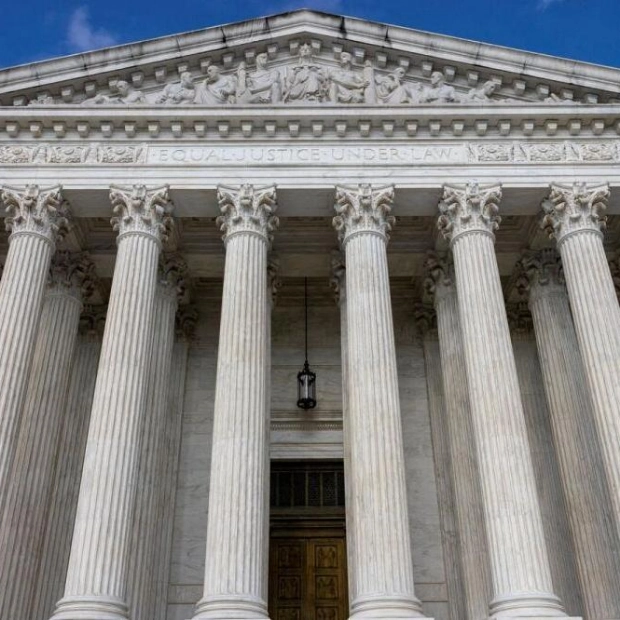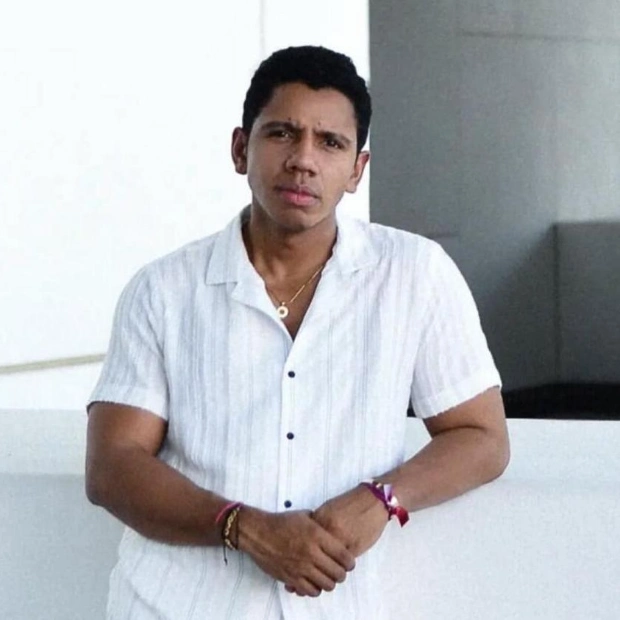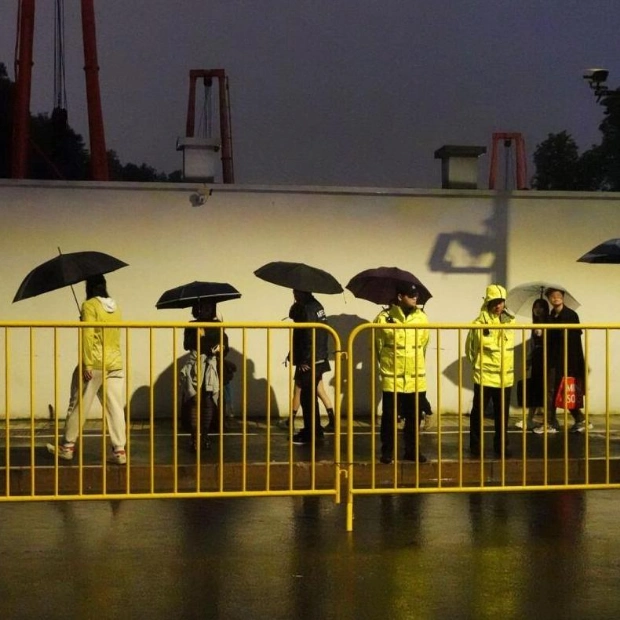Brazilians went to the polls on Sunday to elect mayors and city councillors in over 5,500 municipal elections. Surveys indicate that conservative candidates are performing well in several major cities, shaping the political environment in anticipation of the 2026 presidential race.
The focus is on the mayoral race in Sao Paulo, Brazil's largest city, where three candidates are in a tight race following an intense campaign, setting the stage for a potential runoff on October 27. Centre-right incumbent Mayor Ricardo Nunes, who was leading the race until recently, is now tied for second place with 26% of the votes alongside far-right digital influencer Pablo Marçal, marking an unusual division within the conservative vote, according to a recent poll.
Leftist Congressman Guilherme Boulos, backed by President Luiz Inacio Lula da Silva and his Workers Party, has gained momentum and is currently leading with 29% of the votes, according to pollster Datafolha. Marçal, a political outsider known for his aggressive attacks on opponents, ran a low-budget social media campaign without any TV exposure. His rise in the polls has been marked by controversy, including an incident where he was attacked with a chair during a televised debate.
Polls suggest that candidates linked to Lula are struggling as the president's popularity has waned in his third non-consecutive term. "As long as democracy exists, the people's right to choose will exist, for better or for worse," Lula stated after casting his vote. "What we cannot allow is for people to vote without being informed."
Lula has largely refrained from actively campaigning for mayoral candidates, despite their success potentially boosting his prospects for re-election in 2026. On the right, candidates associated with former hard-right president Jair Bolsonaro have fared better, even though he is barred from seeking office until 2030 due to his unfounded claims about Brazil's voting system.
"The anti-establishment views of the right have become the trend," noted political risk expert Creomar de Souza. Analyst Andre Cesar from Hold Legislative Advisors pointed out that Lula's Workers Party is at risk of not winning any state capitals. Both analysts believe Lula minimized his campaigning to avoid association with losing candidates.
Bolsonaro also stayed away from the Sao Paulo campaign, complicating his alliances. He officially endorsed Nunes for re-election but avoided recording a video for his campaign. As Marçal's popularity surged, Bolsonaro distanced himself from Nunes, indicating he would support anyone facing Boulos in a potential runoff.
Voting began at 8am and concluded at 5pm. To win outright in the first round, mayoral candidates in cities with over 200,000 voters need to secure more than 50% of valid votes.






